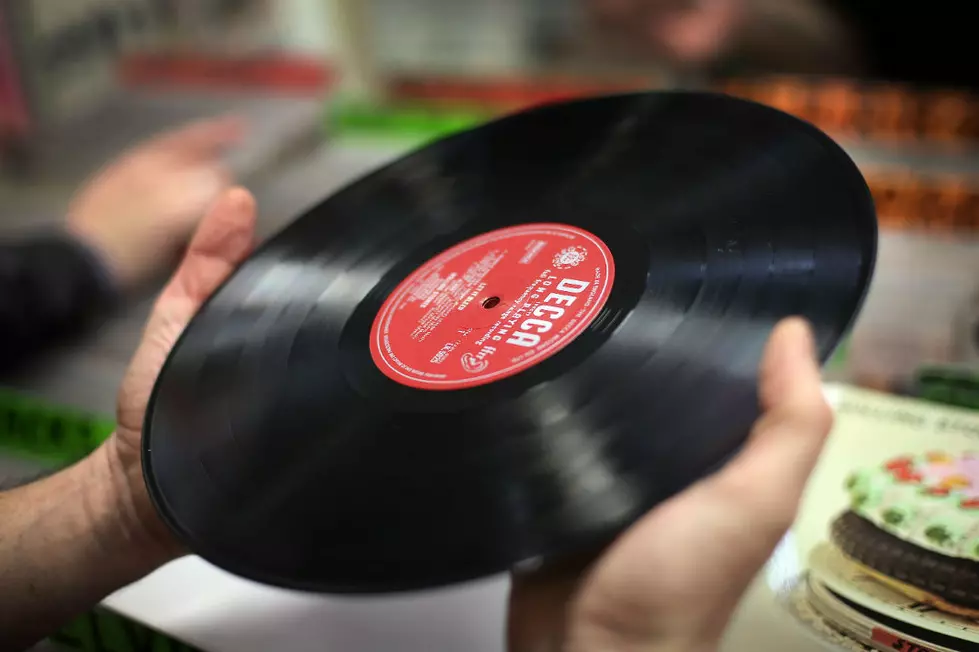
The Reaction to Spotify’s New Privacy Policy Was Swift (and Totally Overblown)
When the furor over Spotify's new privacy policy started to heat up yesterday (Aug. 20), outlets were quick to stoke the fire. Spotify's new terms were written like, well, any other terms of service you've ever read – straightforward-yet-vague, insistent-yet-opaque. They asked users to share their contacts, pictures, and location with the app; a sample clause: "With your permission, we may collect information stored on your mobile device, such as contacts, photos or media files." In turn, Spotify stipulated it would share information (in a "deidentified" way) with advertisers and other partners.
A Forbes writer called the new terms "creepy" and said "I’m now considering whether the £10 I pay for a premium membership is worth it, given the amount of privacy I’d be giving away by consenting."
Wired called the update "eerie." "Like a jealous ex, Spotify wants to see (and collect) your photos and see who you’re talking to," they wrote. "So, what can you do about this? Sadly, not a whole lot."
But in the rush to provoke outrage it felt like these outlets skipped over the most one of the most important phrases in the policy. "With your permission," Spotify wrote. There's not a lot you can do about the changes -- unless you decide not to give Spotify your permission to access your info, in which case you can just keep on using the app the way you always did.
Spotify CEO Daniel Ek elaborated on that point in a statement he wrote yesterday -- titled "SORRY." -- that aimed to defuse some of the anger. "Let me be crystal clear," Ek wrote. "If you don’t want to share this... information, you don’t have to."
Ek also clarified the purpose of some of the changes. Spotify – easily the most social of the major music streaming apps – wants access to your contacts so you can share music and playlists with friends who don't use the app. And it wants to access your pictures, for instance, so that you can more easily change your profile picture or add a custom image to a playlist.
Ek's major point – that you really don't have to use these features if you don't want to -- sums up the issue on a philosophical level. If you don't want to share your pictures or your contacts with the apps you use -- and the companies that own them – you don't have to. But if you disable these settings you get less dynamic, less social apps.
Lots of ubiquitous apps derive their basic functionality from accessing your personal info. Especially social apps. Ek used Twitter as an example of an app that requires access to your photos for some of its most core functions (as Tom Warren pointed out on the Verge).
Similarly, Instagram and Snapchat rely on access to your photos as an intrinsic part of what they do. If you want to tell your Facebook friends you're about to board a flight to Tokyo, you can do so easily by sharing your location. Services like Yelp and Foursquare hinge on their ability to give you recommendations based on your location.
It's not that apps don't make a business out of passing on much of this data for advertising purposes. In fact, studies show that they do so on a level that is practically mind boggling.
But that's why it's important that apps outline how and why they're using your personal info, in terms you can understand. Spotify was right to apologize for updating their privacy policy without fully explaining why they were doing so, or what they wanted to do with the information they were gathering. If apps don't fully explain why they're asking to use your private information, or carefully elaborate on what else they're going to use it for, they should expect an angry backlash.
But much of what gives Spotify a potential advantage in the streaming wars is that it puts an emphasis on the social aspect of streaming -- giving users the ability to easily curate and share playlists. It's by far the most democratic of the streaming services, a big plus for users like me who get a thrill from sharing and discovering music in an organic way. In order to do that, they need to access my info. I can't get angry at these apps for giving me what I want in exchange for tapping into my location or my contacts. I just hope they'll become clearer about what they're using it for.
More From Diffuser.fm









